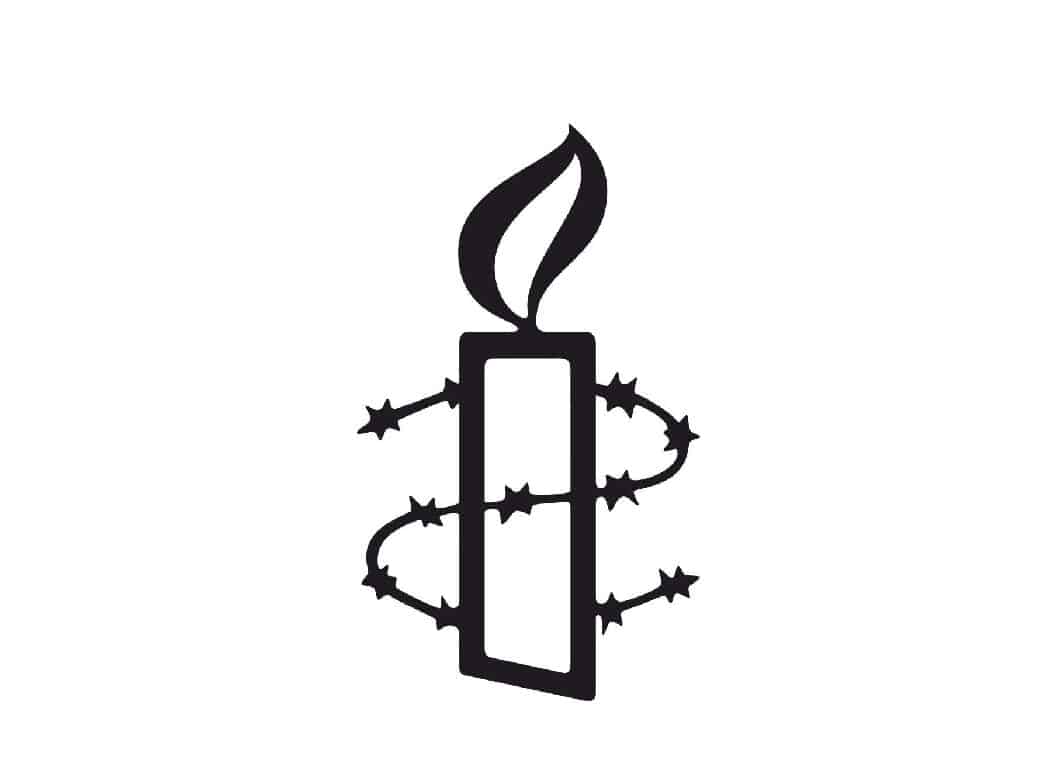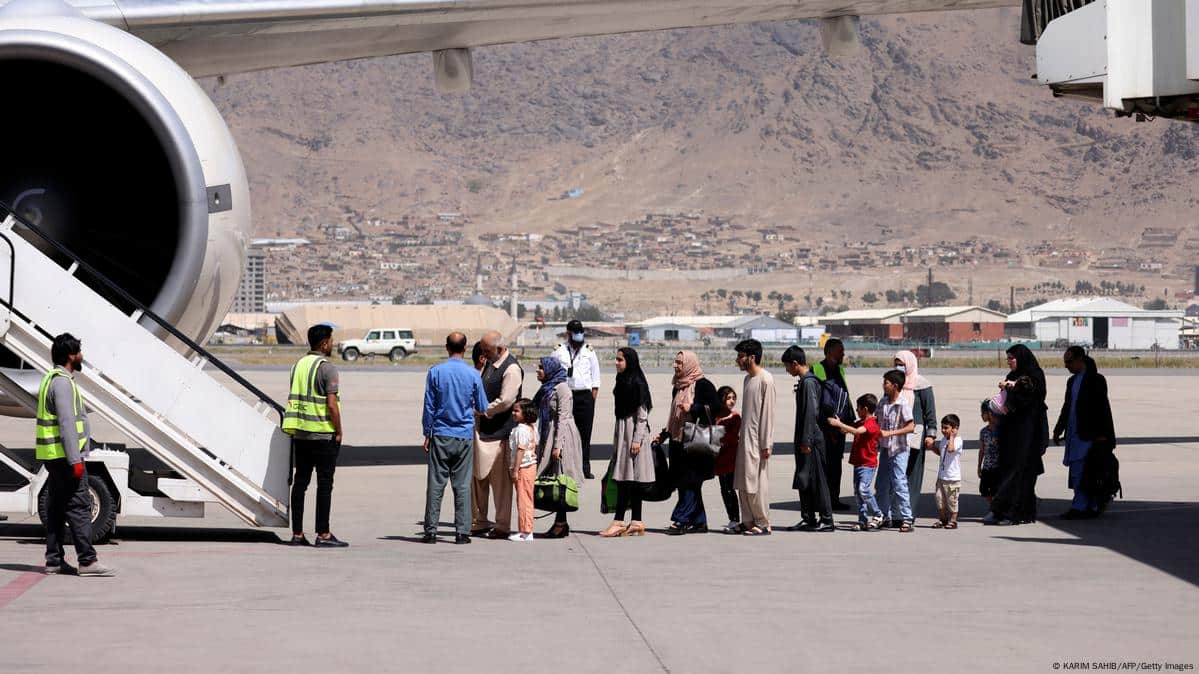
Afghan national admits to Munich car attack that injured 39
یک تبعه افغان به حمله مونیخ که 39 زخمی برجای گذاشت، اعتراف کرد
در تاریخ ۱۴ فبروری ۲۰۲۵، یک حمله خودرویی در شهر مونیخ آلمان ۳۹ زخمی بر جای گذاشت که حال دو نفر از آنها، از جمله یک کودک، وخیم گزارش شده است. فرد مظنون که یک پناهجوی ۲۴ ساله افغان به نام فرهاد ن. معرفی شده، به عمد خودروی خود را به سمت یک تجمع اعتراضی کارگری هدایت کرده است.
بررسیهای اولیه نشان میدهد که این فرد دارای گرایشهای افراطگرایانه بوده و پس از حادثه، شعار «الله اکبر» سر داده و در زمان بازداشت نیز نماز خوانده است. دادستان پرونده اعلام کرده که وی در بازجوییها به انجام عمدی این حمله با «انگیزه مذهبی» اعتراف کرده، اما تاکنون هیچ ارتباط مستقیمی میان او و گروههای تروریستی مانند داعش پیدا نشده است.
فرهاد ن. در سال ۲۰۱۶ وارد آلمان شده و علیرغم رد درخواست پناهندگیاش، توانسته بود به طور قانونی در این کشور اقامت کند. وی در بخش امنیتی مشغول به کار بوده و فعالیتهای مذهبی گستردهای داشته، از جمله حضور منظم در مسجد و انتشار مطالب دینی در فضای مجازی. مقامات همچنین اعلام کردند که هیچ نشانهای از مشکلات روانی در او مشاهده نشده است.
این حمله در آستانه کنفرانس امنیتی مونیخ و انتخابات مهم آلمان در ۲۳ فبروری رخ داد، انتخاباتی که در آن مسئله مهاجرت به یکی از مباحث کلیدی تبدیل شده است. در ماههای اخیر، وقوع چندین حمله مشابه، از جمله حمله با چاقو در شهر آشافنبورگ و حمله به بازار کریسمس در ماگدبورگ، بحثها درباره سیاستهای مهاجرتی را تشدید کرده است.
رئیسجمهور آلمان، فرانک والتر اشتاینمایر، همراه با مقامات ایالتی، از محل حادثه بازدید کرده و به قربانیان ادای احترام کردند. همزمان، احزاب محافظهکار خواستار سختگیریهای بیشتر در قوانین مهاجرتی شدهاند. دولت اولاف شولتس نیز پیش از این، اصلاحاتی در قوانین پناهندگی و تسریع روند اخراج مهاجران، از جمله به افغانستان، تصویب کرده بود. تحقیقات درباره انگیزهها و ارتباطات احتمالی مظنون همچنان ادامه دارد.
Munich Car Attack: Investigation into the Suspect’s Extremist Motives
On February 14, 2025, a car attack in Munich, Germany, left 39 people injured, with two victims, including a child, in critical condition. The suspect, identified as 24-year-old Afghan asylum seeker Farhad N., allegedly drove his vehicle into a labor protest, intentionally targeting the crowd.
Initial investigations indicate that the suspect had extremist tendencies. Following the attack, he reportedly shouted “Allahu Akbar” and prayed while in custody. Prosecutors stated that he confessed to deliberately carrying out the attack with a “religious motivation.” However, no direct ties between him and terrorist organizations such as ISIS have been found so far.
Farhad N. arrived in Germany in 2016 and, despite having his asylum request rejected, managed to stay in the country legally. He was employed in the security sector and was deeply involved in religious activities, frequently attending a mosque and sharing religious content online. Authorities also confirmed that he did not exhibit any signs of mental illness.
The attack occurred just before the Munich Security Conference and the crucial German elections on February 23, where immigration has been a central topic of debate. In recent months, several similar attacks—including a stabbing in Aschaffenburg and a Christmas market attack in Magdeburg—have fueled heated discussions on immigration policies.
German President Frank-Walter Steinmeier, along with state officials, visited the attack site and paid tribute to the victims. Meanwhile, conservative parties have intensified their calls for stricter immigration laws. Chancellor Olaf Scholz’s government had already introduced tougher asylum regulations and accelerated deportations, including to Afghanistan. Investigations into the suspect’s motives and possible connections are still ongoing.
Source
- Tags
- Europe



